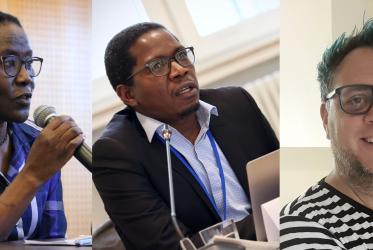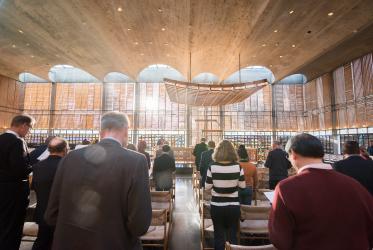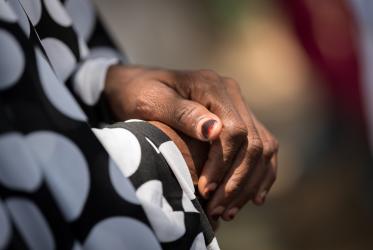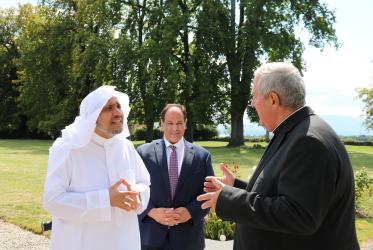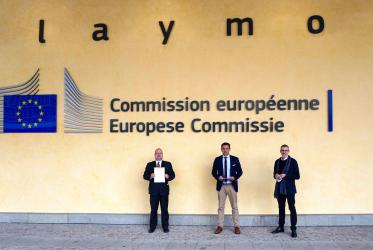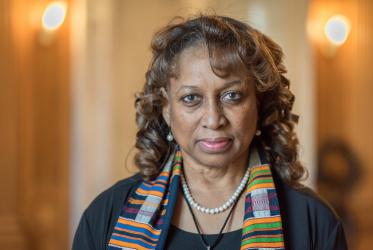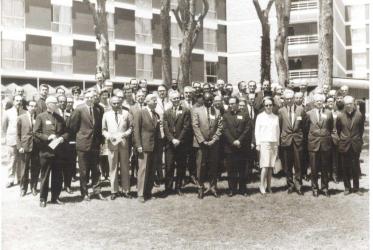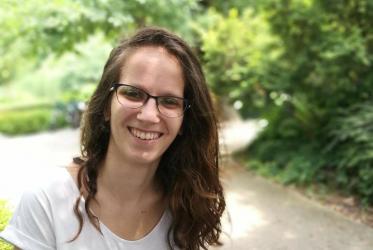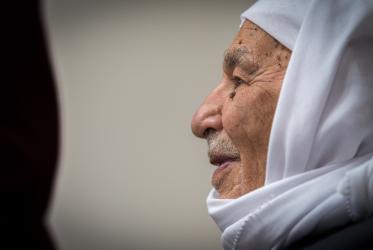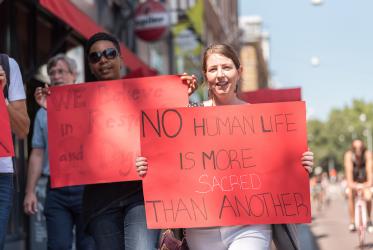Displaying 1 - 20 of 57
Le COE publie des offres d’emploi à des postes de direction
27 January 2022
Ecumenical statement on migration received by European Commission
25 September 2020
The cry of the Papuans in Indonesia
14 November 2019
Le Comité exécutif du COE aborde les questions d’actualité
07 November 2018
#WCC70: Les Églises, des «agents de la liberté»
12 February 2018

